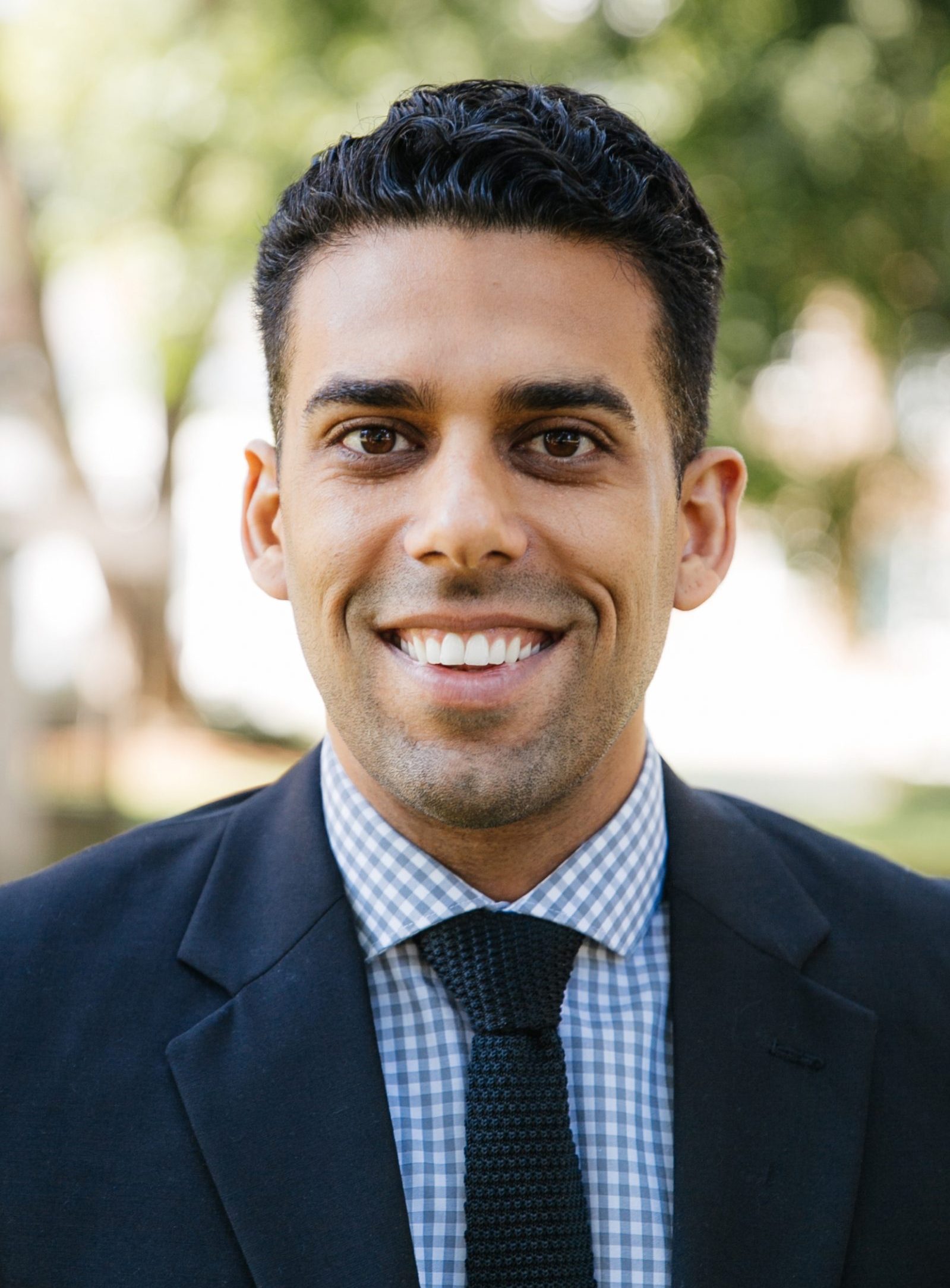Bad Blood exposed the ubiquity of utterly unconscionable practices and disturbing bullying (in attempt to conceal fraud) that took place in Theranos. Due in part to the crisp, investigative narrative as well as the first-hand accounts of deception, the book is difficult to put down — every chapter ended with another “how could this possibly be happening?” event. Though Carreyrou helps readers understand how the deception takes place, it’s still difficult to comprehend how such chicanery and disregard for human life happened at an organization valued at $10 billion. Could I imagine a self-absorbed mafia boss being a dictatorial bully to those he out-powered? Absolutely. Would I think that well educated, Silicon Valley elites, who were esteemed on magazine covers and supported by U.S. Cabinet officials, might be borderline autocrats? Normally, no (given, after reading The Smartest Guys in the Room I try to remain skeptical of self-appointed leaders).
The book is fantastic as well as a testament of the importance of organizations creating cultures that welcome respectful dissent. Throughout the text, readers were introduced to myriad people who questioned leadership’s absurd power grab and frenzy to control everything. To them, there was no doubt that illegal activities were taking place, but as employees they had limited ability to change it; Theranos had money, powerful law firms, and the trust of high-profile investors. As a result, it developed a corrupt corporate culture of fear and isolation – where questions could lead to firing and inquiry outside one’s scope of work could lead to lawsuits. Employees were siloed and any hint of skepticism invited leadership to pin peers against one another. It made Enron seem decent.
As I finished Bad Blood, I took away that in order to completely avoid such ethical failures, business leaders should embrace a culture that allows for dissenting (and respectful) voices to be heard. Employees have to be able to express their thoughts, even if they conflict with the executive team, to make sure a company is honest and morally aware. It’s not dissent meant to cause mayhem; oppositely, it’s reflective questioning to create a meaningful, equitable future. Ultimately, great leaders, and great companies, listen even if they don’t like what they’re hearing.
Favorite Quotes: “Would you rather be smart and poor or dumb and rich? The three engineers all chose smart and poor, while the Frat Pack voted unanimously for dumb and rich. Greg was struck by how clearly the line was drawn between the two groups. They were all in their mid- to late twenties with good educations, but they valued different things.”
“In one of their last email exchanges, he recommended two management self help books to her, ‘The No A**hole Rule: Building a Civilized Workplace and Surviving One That Isn’t’ and ‘Beyond Bullshit: Straight-Talk at Work’, and included their links on Amazon.com. He quit two days later. His resignation email read in part: ‘good luck and please do read those books, watch The Office, and believe in the people who disagree with you”
“When you strike at the king, you must kill him.” Todd Surdey and Michael Esquivel had struck at the king, or rather the queen. But she’d survived.”
“The company was just a vehicle for Elizabeth and Sunny’s romance and that none of the work they did really mattered. Ian nodded. “It’s a folie à deux,” he said. Tony didn’t know any French, so he left to go look up the expression in the dictionary. The definition he found struck him as apt: “The presence of the same or similar delusional ideas in two persons closely associated with one another.”
“Sunny called the cops. Twenty minutes later, a police cruiser quietly pulled up to the building with its lights off. A highly agitated Sunny told the officer that an employee had quit and departed with company property. When the officer asked what he’d taken, Sunny blurted out in his accented English, “He stole property in his mind.”
About the Author: John Carreyrou was an investigative reporter at The Wall Street Journal for 20 years. During that time, he won a Pulitzer Prize in 2003 and again in 2015. He currently hosts and edits several podcasts.
Daniel Dickey
